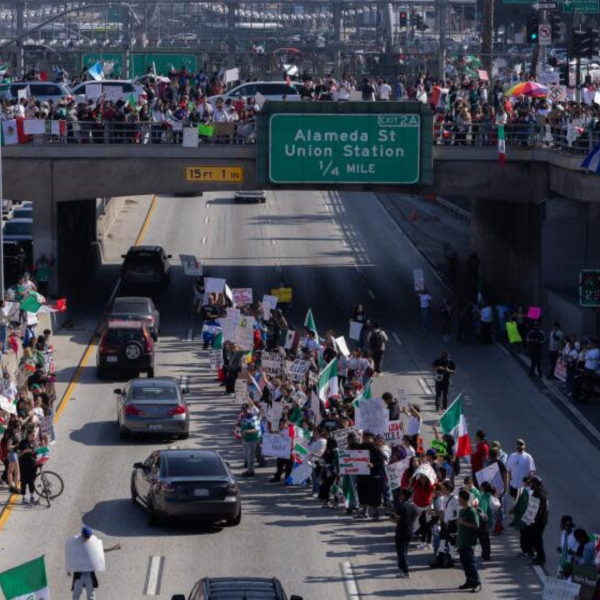Columbus Day: the celebration of a murderer

On the second Monday of every October, the United States honors the legacy of Christopher Columbus-the allegedly brave explorer who sailed across the Atlantic Ocean and discovered the New World-by celebrating Columbus Day. Ever since elementary school, students have been fed a sugar-coated version of Columbus via charming picture books and Eurocentric textbooks. However, Columbus should not be honored with his own holiday, because, contrary to popular belief, the explorer was not even the first person to discover the Americas. Additionally, he set the precedent for European racial superiority that would condone future mistreatment and exploitation of Native Americans. Consequently, he was the first person to institutionalize slavery in the New World.
Many accredit Columbus with being the first to discover the New World in 1492 when he sailed across the Atlantic Ocean seeking a westward water route to Asia. However, instead of landing in Asia, he encountered the Caribbean Islands. Columbus, not realizing his mistake, believed the land to be the West Indies of the Orient and called the indigenous peoples who inhabited the land “Indians.” However, the very existence of these indigenous people proves that Columbus himself did not truly discover the American continent. Genetic evidence suggests that man had discovered the continent approximately 13,000 years prior by traversing across the Bering Strait Land Bridge that once connected Siberia to Alaska. Thus, America was not genuinely a “New World,” and attributing the discovery of the New World to Columbus is inaccurate. The Europeans were merely a little late to the continental party.
Commonly omitted from history textbooks was Columbus’ strong personal conviction in the superiority of European culture, lifestyle and people. Upon his arrival to the island of Hispaniola, Columbus expressed his immediate feelings of condescension toward the natives.
“They would make fine servants,” Columbus wrote in a journal entry. “With fifty men, we could subjugate them all and make them do whatever we wanted.”
The explorer then went on to detain natives aboard his ship, exploiting them by demanding they lead him to their sources of gold. Later, when his quest for gold proved fruitless, he would show them off as prizes in Europe. Columbus, the supposed “adventurer,” could not have cared less about adventure. His main concerns revolved around glory and gold, and, Columbus, perceiving the Native Americans as tools to be taken advantage of, reduced them to subhuman status in order to achieve his own selfish goals.
Determined to make a profit in the absence of gold, Columbus enslaved the indigenous people. In addition to Columbus’s entourage of Europeans forcing natives to do their bidding, he also shipped Native Americans in large masses to Europe to sell them as slaves, many of whom died during the voyage from cramped, unsanitary conditions and disease. His actions set a precedent for slavery in the Americas, which would prevail for centuries. Such a man is certainly not worthy of a holiday in his honor.
“Columbus was a herald of genocide and the beginning of the end for indigenous peoples,” said junior Julia Kerley.
As more people begin to realize the dark history behind the colonization of the Americas, Columbus Day seems increasingly ill-founded and immoral considering Columbus did not even discover America. Instead, he justified the exploitation of Native Americans with his racist views and initiated slavery in the New World. His holiday should be deemed unethical in the United States considering the fact that this country, standing nearly half a millennium after the arrival of Columbus, still struggles with the social repercussions derived from its long history of oppression and slavery.
Your donation will support the student journalists of Calabasas High School. Your contribution will allow us to purchase equipment and cover our annual website hosting costs.






